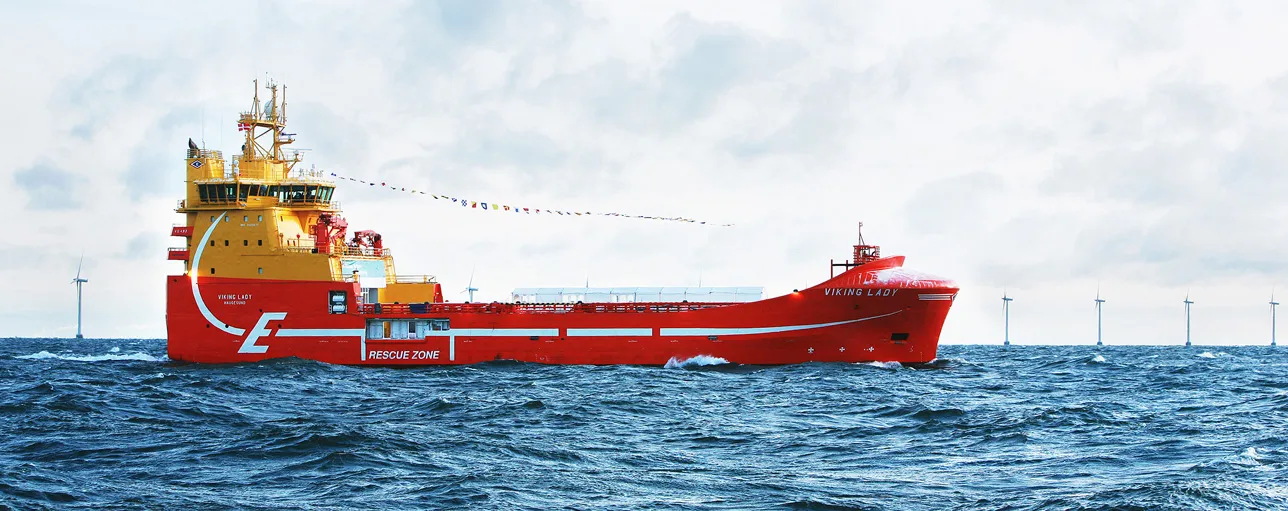One critical aspect is the ability to deliver, at any time during operations, the power demand for safe and reliable propulsion, maneuvering and operation. Failure to do so could result in a serious accident, such as a collision or grounding. It is therefore paramount that the available energy stored in onboard batteries can be reliably estimated and predicted at any given time.
DNV is partnering with Fraunhofer ISE, Corvus Energy and Carnival Maritime on the "Data-driven degradation monitoring and prediction of batteries for maritime applications" (DDD BATMAN) project. The three-year project has been awarded MarTERA funding, and is due to deliver its findings in 2023.
Outcomes
One of the objectives of this project is to develop data-driven methods for prognostics of battery systems and to provide means for verifying the battery state of health (SoH) based on real-time sensor measurements. This will have several benefits for operators of battery powered ships:
- May replace the need for the annual capacity testing
- Improved prognostics and prediction of remaining useful life of the battery
- Real-time monitoring of the health of the battery system; may facilitate predictive maintenance strategies and reduced downtime
- Increased safety and reliability of battery-operated ships; more accurate prediction of when it is no longer safe to rely on batteries for critical operations based on accurate prognostics
- Decision support; identify and avoid operational profiles that leads to faster degradation of the batteries, can be used to evaluate fuel savings vs. battery degradation for various types of operation (cost vs. benefit)
- Improved life cycle management of ship battery systems.
Operational data are needed, and these will be collected in the project from ships in operation, and reliable and secure strategies for data collection, storage and sharing will be addressed. Moreover, additional insight will be obtained from laboratory testing under variable conditions. The focus will be on aspects related to battery systems for cruise ships, including battery lifetimes, replacement strategies, life cycle assessment and shore connection procedures.
The project will set new standards for reliability and lifetime prognostics and deliver recommendations and give input to standards, recommended practices and class rules and main project results and findings will be reported in scientific publications. It will contribute to make batteries safer and more attractive alternatives for the maritime industry and stimulate the transition from fossil fuel to electric propulsion systems. This will enable emission reduction, increased energy efficiency and more environmentally-friendly shipping.
